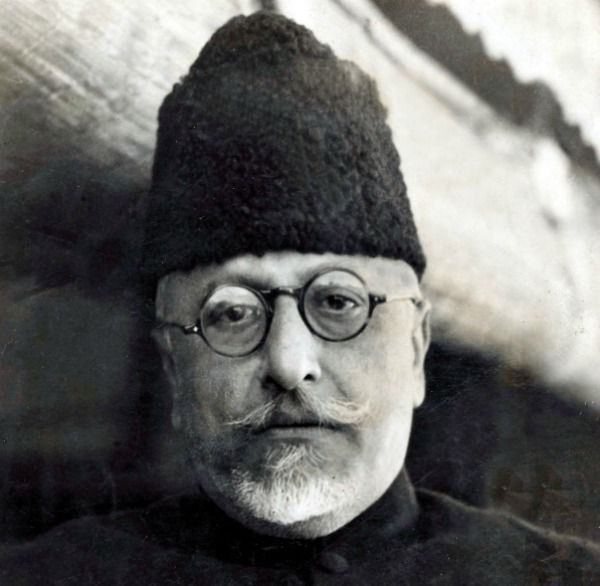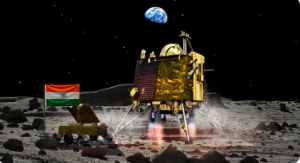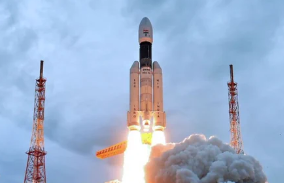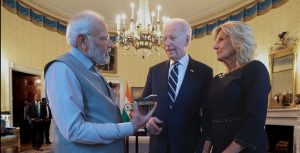Maulana Abul Kalam
Azad, one of the foremost leaders of the Indian freedom movement and a
passionate educationist and thinker, is being remembered across India on
Thursday on his 113th birth anniversary. Azad, was born on November
11, 1888 in Mecca, Saudi Arabia.
Also Read | National Education Day 2021: All you need to know about Maulana Abdul Kalam Azad
On his birth
anniversary, Indian Prime Minister Narendra Modi wrote on Twitter: “Tributes to Maulana Abul Kalam Azad on his Jayanti. A
pathbreaking thinker and intellectual, his role in the freedom struggle is
inspiring. He was passionate about the education sector and worked to further
brotherhood in society.”
An Islamic theologian, Maulana Abul Kalam
Azad stood steadfast with the Indian cause when a section of Muslim activists was
demanding the formation of Pakistan. His birthday is celebrated in India as
National Education Day because he was the first education minister of
independent India and served the office from August 15, 1947 to February 2, 1958.
Also Read | Empowering women crucial to end climate crisis: Leaders at COP26
The decision to celebrate Maulana Abul
Kalam Azad was taking during the second term of the UPA. In 2008, when Manmohan
Singh was the Prime Minister of India. Maulana Azad was one of the key figures
in charting the format of the Indian education system and shaped the way the
Indian state would prioritise education for years to come.
Among Maulana Abul Kalam Azad’s notable
contributions are the setting up of the University Grants Commission (UGC), All
India Council for Technical Education (AICTE), IIT Kharagpur, University
Education Commission, Secondary Education Commission and Jamia Milia Islamia University,
Maulana Abul Kalam Azad, whose full name
was Sayyid Ghulam Muhiyuddin Ahmed bin Khairuddin Al-Hussaini Azad, was a prodigal
scholar himself. Home-schooled in Islamic theology, Azad started teaching
people twice his age at the age of 15. He knew several languages including
Arabic, English, Urdu, Hindi, Persian and Bengali.
Pandit Jawaharlal Nehru, India’s first
prime minister, would call Maulana Azad “Mir-i-Karwan” — caravan leader. Nehru once
said that Azad was a very brave and gallant gentleman and a “finished product
of culture”.







